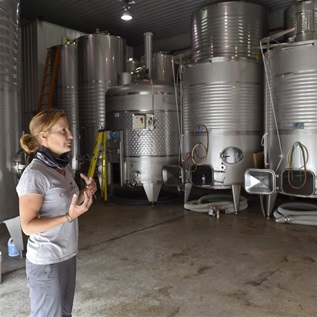Trusts Renews Commitment to Improving How Americans Save for Retirement
The Pew Charitable Trusts announced a renewed investment in the Retirement Security Project, an initiative designed to increase the number of Americans who save for the future, bringing the Trusts' total commitment to the Project to $9 million. This grant follows two years of success by the Project in advancing a series of practical policy solutions that make it easier and provide incentives for middle- and lower-income Americans to save for a secure retirement.
“Research has clearly demonstrated that Americans are much more likely to adequately prepare for retirement when employers and the government make it easier to save,” said Rebecca W. Rimel, president and CEO of The Pew Charitable Trusts. “The Retirement Security Project has had tremendous success in raising awareness of the common-sense policy changes that can help millions of Americans better prepare for the future.”
Since 2004, the Project has developed several research-based policy proposals, many of which have been adopted and are already helping Americans save for retirement. The Project's results include:
- Several large employers have begun automatically enrolling employees in 401(k) plans based on the Project's research, which found that automatic enrollment with the option to opt-out more than doubles the number of employees who participate. Legislation to facilitate employer adoption of Automatic 401(k)s has passed both the House and Senate as part of the pending pension reform.
- In collaboration with others, the Project worked to ensure that the Internal Revenue Service (IRS) made good on the President's promise to enable taxpayers to directly deposit a portion of their federal tax refund in a retirement account beginning in 2007.
- The Project's finding that low- and moderate-income workers will save for retirement when offered a clear and understandable match for saving has encouraged support for extending the Saver's Credit past 2006. In fact, legislation to extend the tax credit has passed the House and Senate and is expected to be signed into law later this year.
To sustain this progress, the Trusts has provided the Project with additional support of nearly $3.5 million to be used with the leadership of Peter R. Orszag, the Project's director, over the course of the next two years. Now housed at New York University and in partnership with the Brookings Institution, the Project will continue to educate employers, policy makers and the media on ways to make it easier and provide greater incentives for Americans to save.
For information about the Retirement Security Project, visit their Web site.
Pew is no longer active in this line of work, but for more information visit the Retirement Security Project on PewHealth.org.











